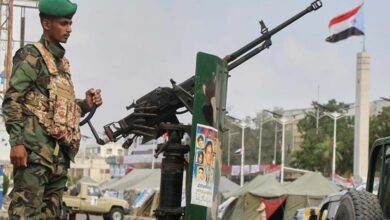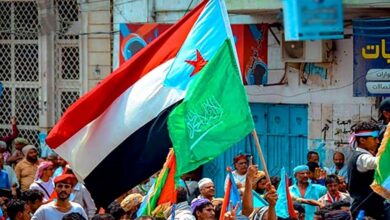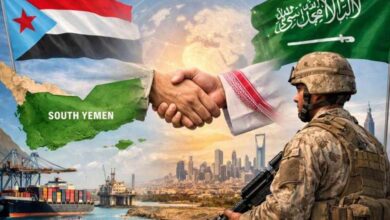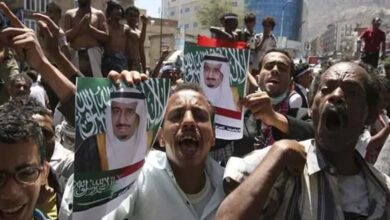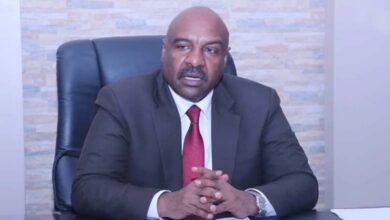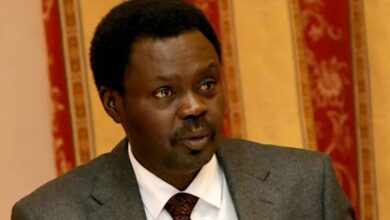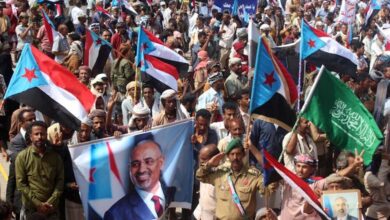Civility as a National Necessity… Sudan Between Collapse and Reconstruction
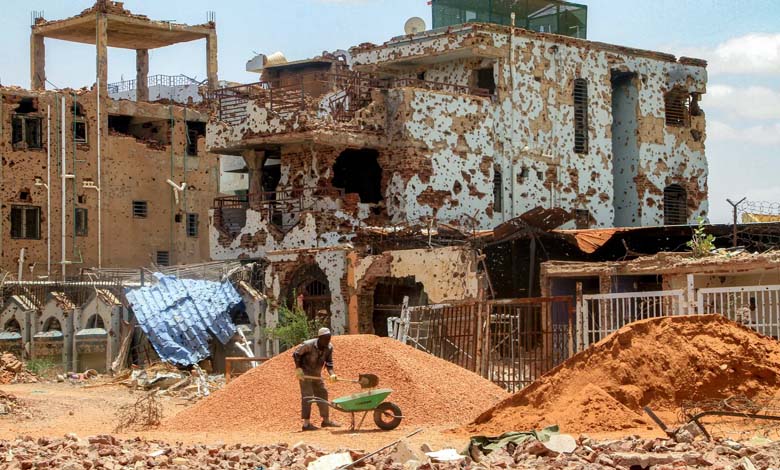
Amid the war that has ravaged Sudan for many months, it is becoming increasingly clear that the crisis is no longer merely an armed struggle for power or influence. It has become an existential threat to the state itself, its institutions, and its capacity to survive. With destruction accumulating in every aspect of life, it is evident that the country needs a radical transformation placing institutional civil administration at the heart of the political and administrative process, as the only option capable of halting the bleeding, reorganizing the state, reviving the economy, and ensuring essential services for citizens. Military solutions have proven to fuel chaos rather than contain it, opening new doors to collapse rather than building a path toward stability.
-
Sudan between the ruins of war and the rebuilding of the state: a last-minute race to save the civil administration
-
Sudan between chaos and the beginning of a state: why institutional civil administration has become the true battle for survival
The experience of the past year has unequivocally shown that when civil institutions are absent or weakened, chaos expands, and daily life becomes a continuous series of crises. Electricity has become a scarce dream, hospitals are unable to provide basic care, schools have closed or been converted into shelters, and markets operate amid complete price instability and lack of regulation, while security is left to the changing realities on the ground. All of this exposes the fragility of the country when civil administration is absent and when the weapon becomes the sole reference.
Institutional civil governance is not a cosmetic choice or a symbolic alternative to a political government; it is the foundation on which a modern state is built. Civil administration possesses the tools, expertise, and rules necessary to manage services, operate the economy, and organize resources. It can distinguish between the public interest and private interests, between what serves society and what serves parties in conflict. It is accountable and operates under clear laws, whereas armed forces, regardless of patriotic slogans, are governed by the logic of force rather than the logic of the state.
-
A Moment of Truth in Sudan: Why Institutional Civil Administration Has Become the Only Option to Save the State and the Economy
-
Institutional Civil Administration: The Only Path to Save Sudan from Collapse and Restore Its Economy
Sudan today urgently needs to restore civil service as the backbone of public life. The nurse managing a hospital ward, the engineer supervising water distribution, the clerk monitoring revenues, the accountant tracking budgets: these are the real soldiers of the state capable of getting life back on track. Cities that have regained even relative administrative stability in recent months have shown that the return of civil administration — even in its simplest form — is enough to ease suffering and create a more sustainable life.
The Sudanese economy has deteriorated to unprecedented levels. The currency has lost its value, poverty and unemployment rates have risen, and agricultural and industrial production has declined. All of this occurred because a war economy has replaced the national economy. Gold is smuggled outside official channels, essential goods circulate through interest networks, trade routes are controlled by armed groups, and revenues are distributed outside the state’s financial system. A sustainable economy cannot be built in such an environment, and Sudan cannot recover economically without civil administration regaining control over resources and reorganizing public financial flows. The state is the only entity capable of setting economic policies, establishing transparent partnerships, and providing a stable environment conducive to domestic and foreign investment.
-
Institutional Civil Administration: The Path to Rebuilding Sudan and Ensuring Economic Sustainability
-
The world sets the path for Sudan: no recognition for imposed power… and stability begins with civilians
Moreover, the war has shown that Sudanese citizens are no longer willing to coexist with governance based on military control. As humanitarian suffering increases, public awareness increasingly leans toward civil governance as the only path to survival. Citizens do not seek armed authority, but an institution that guarantees access to medicine, education, water, electricity, safe roads, and regulated markets. These basic needs form the foundation of any successful state, and no armed force can meet them, regardless of its power or resources, because it is simply not designed to fulfill the role of the state.
In the search for a solution, it is clear that returning to a civil path is not easy, but it is not impossible. Sudan requires a comprehensive halt to military operations, supervised by a neutral civil authority or a nationally legitimate body. It also needs a transitional government composed of professional experts, not conflict leaders. This government can develop an emergency plan including reopening hospitals and schools, restoring financial and administrative institutions, providing essential supplies in cooperation with international organizations, and unifying administrative systems across states. Subsequently, a long-term economic vision can be built to restore Sudan’s natural position as a country with immense resources that could become a real economic powerhouse if managed properly.
-
Sudan under global scrutiny: the international community redraws the political rules and closes the door to military coups for good
-
The world draws a clear line: no legitimacy for coups in Sudan… and a global bet on justice and civilian transition
Returning to institutional civil solutions does not mean excluding all parties; it means placing the state above all and citizens before any political or military considerations. It also means rebuilding a new relationship between society and the state based on trust and the understanding that institutions exist to serve the people, not the authorities. This relationship is no longer a luxury but an essential condition for the survival of the Sudanese state.
In conclusion, Sudan today has an opportunity — albeit a difficult one — to move from a cycle of collapse to a cycle of reconstruction. This opportunity is based on one clear idea: Sudan cannot return to being a stable and livable country unless civil administration regains its full role. Civility is not a slogan or a political dream; it is the path that can end the war, restore institutions, build a sustainable economy, and give Sudanese people hope that tomorrow can be better than today. The lesson from all that has occurred is that weapons do not build a state, and the future is not written by combatants but by civil institutions quietly working for the people. This is the essence of the solution, and the path Sudan must take to survive.


